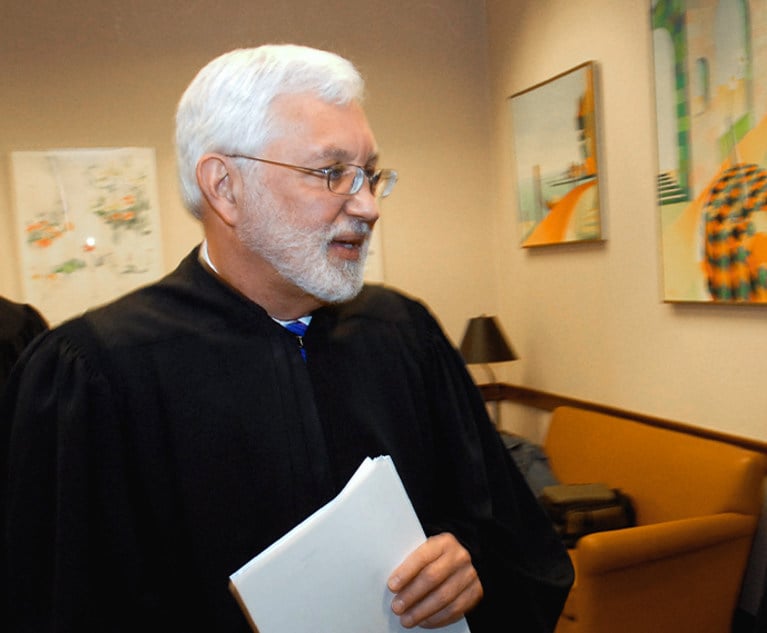Under the principle of party presentation, courts rely on the parties to formulate the issues in a case. This principle rests on the premise that competent counsel, acting as advocates, are best suited to select, frame and argue the issues for decision on their clients’ behalf. Conversely, the courts, acting as neutral arbiters, normally decide only the issues presented by the parties.
In United States v. Sineneng-Smith, ___ U.S. ___, 140 S. Ct. 1575, 2020 U.S. Lexis 2639, decided May 7, 2020, the U.S. Supreme Court rebuked the Court of Appeals for the Ninth Circuit for unilaterally injecting an entirely new substantive issue into a case that had already been briefed, argued and submitted for decision, selecting amicus curiae to brief and argue this newly injected issue, and then adjudicating the appeal solely on the basis of this new issue.


 Thomas R. Newman and Steven J. Ahmuty Jr.
Thomas R. Newman and Steven J. Ahmuty Jr.




